Unlock the White House Watch newsletter for free
Your guide to what Trump’s second term means for Washington, business and the world
The writer is distinguished professor of global economics and management at UCLA
Many Latin Americans have long…
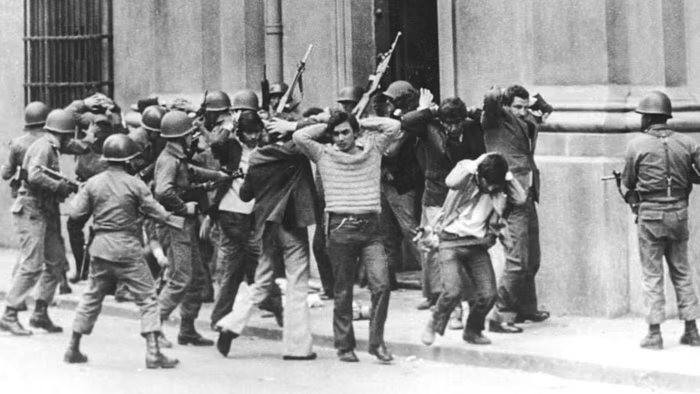
Unlock the White House Watch newsletter for free
Your guide to what Trump’s second term means for Washington, business and the world
The writer is distinguished professor of global economics and management at UCLA
Many Latin Americans have long…
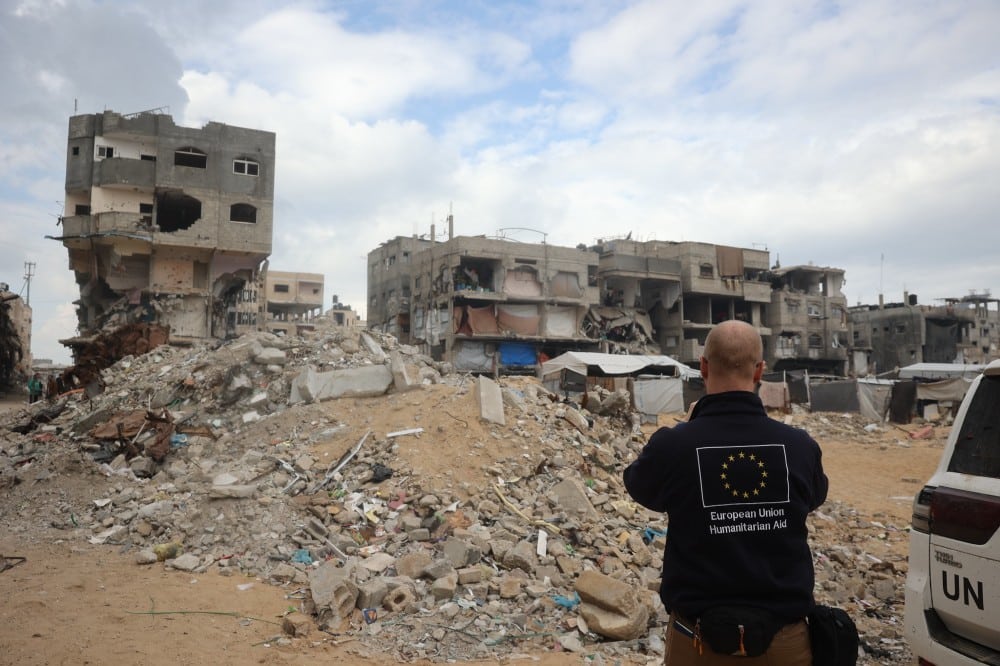
On 30 December, Israel announced they will be revoking licenses of 37 international non-governmental organisations (INGOs) working in Gaza and the occupied West Bank.
The move has been condemned by countries and organisations around the…
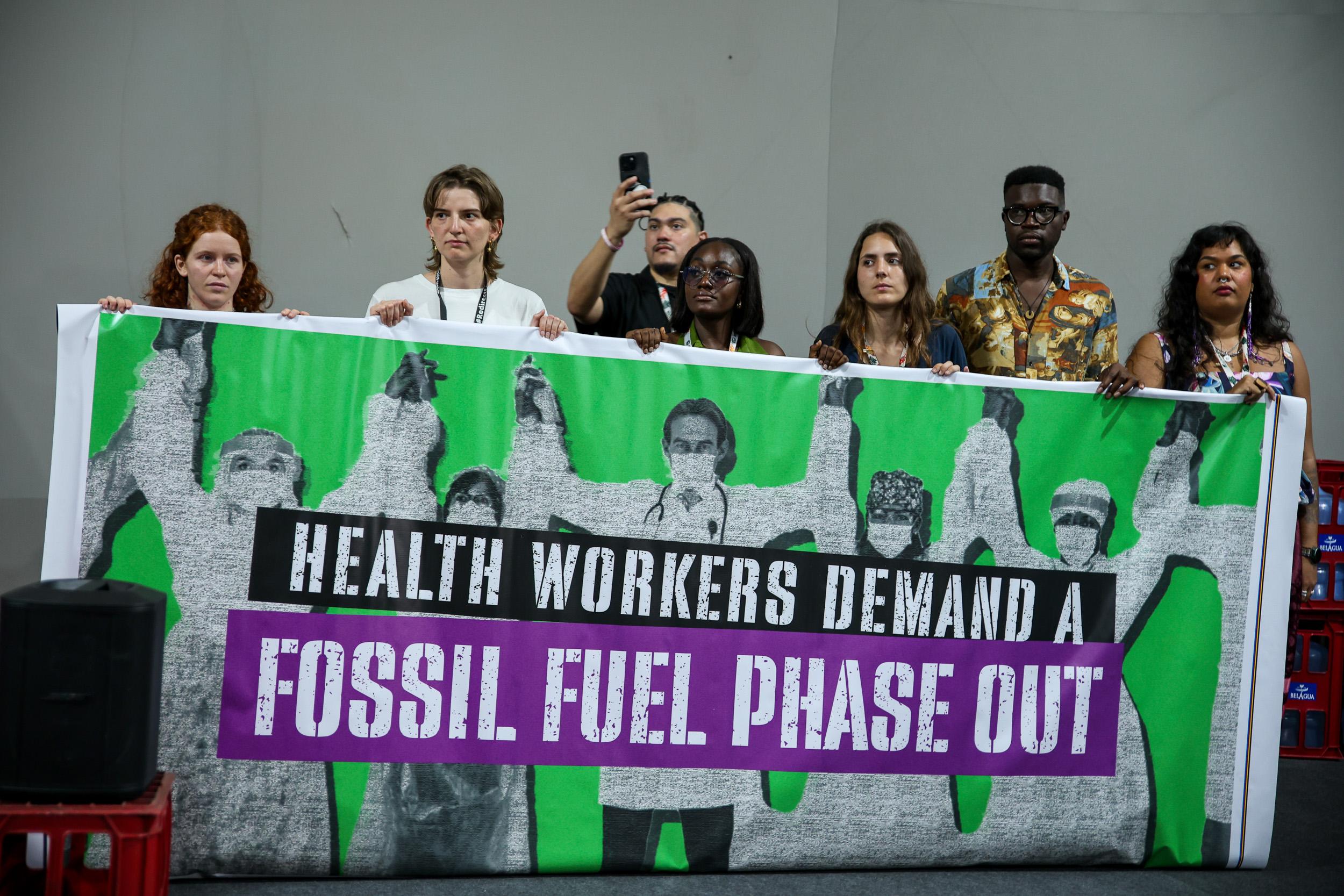
The last 12 months have been an unpredictable rollercoaster for those of us working in global health, climate change and development: trade wars, real wars, job and…
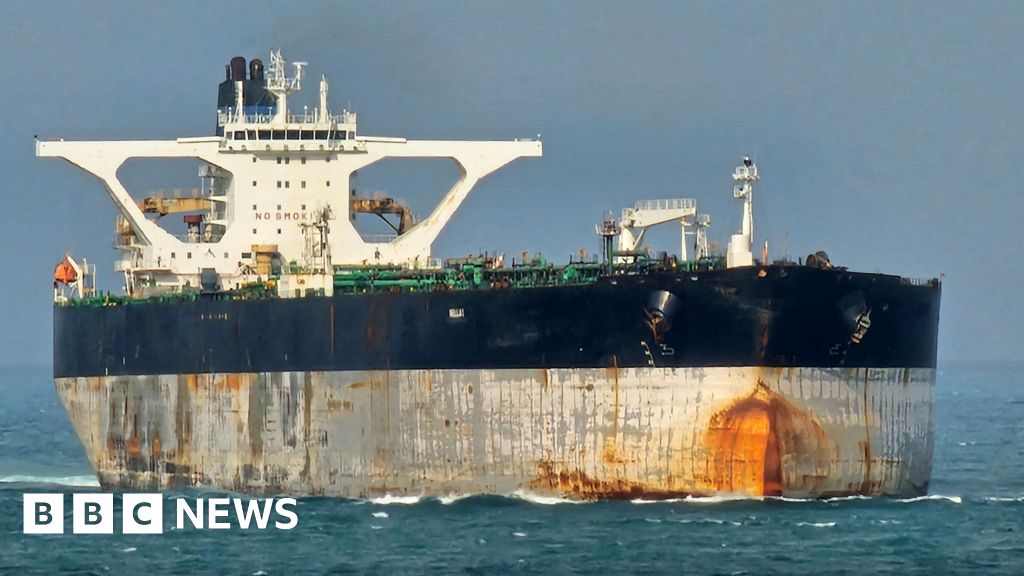
The US is carrying out an operation to seize a tanker linked to Venezuelan oil, an official tells CBS, the BBC’s US partner.
Previously named Bella 1, its name has been changed to Marinera and it has also reportedly been reflagged from a Guyanese…

CCTV: What is the special significance of Chinese Foreign Minister’s visit to Africa on the first overseas trip of this year? What does China hope to achieve through this trip?
Mao Ning: This year marks the 70th anniversary of the start of…
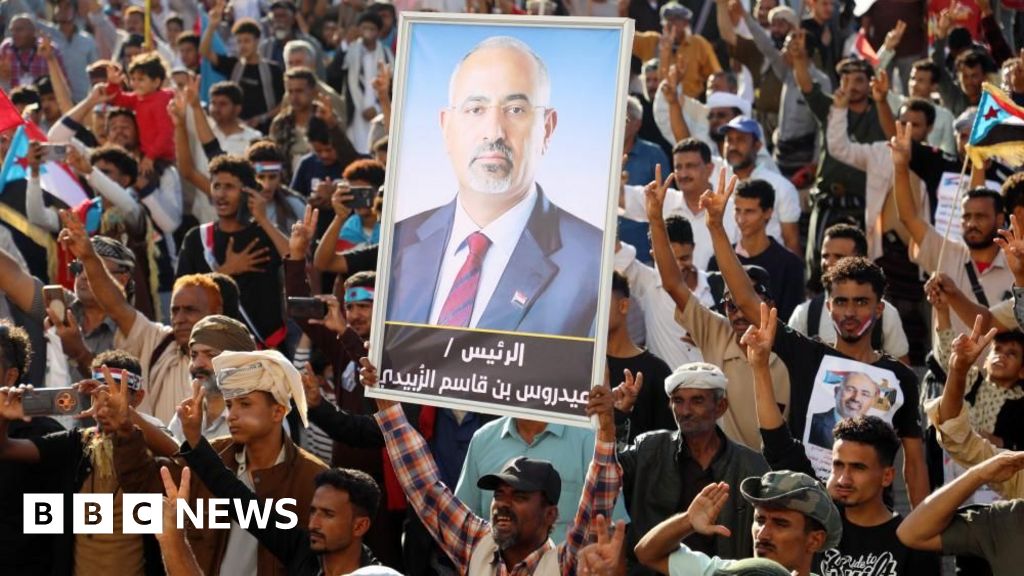
The Saudi-backed presidential council in Yemen has expelled the leader of a separatist group and charged him with treason after he failed to fly to Riyadh for talks.
Six other members of the presidency accused Aidarous al-Zubaidi, head of the…
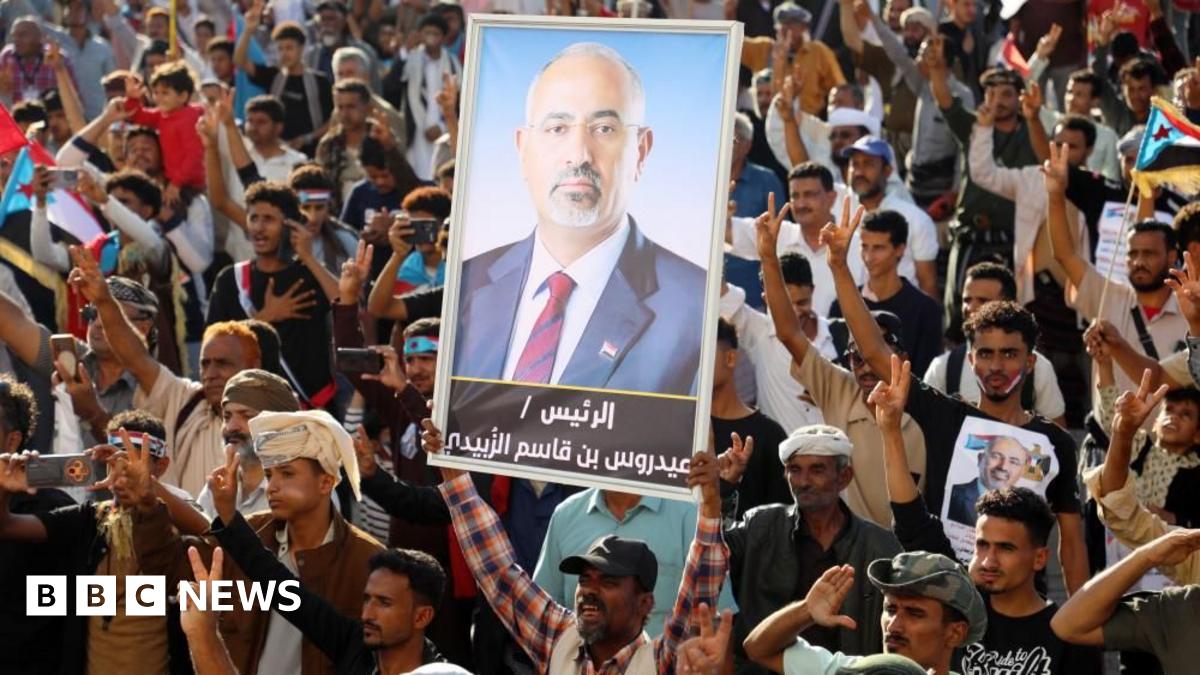
In December, the STC’s forces launched offensives to seize the eastern provinces of Hadramawt and al-Mahra from the government, saying they were necessary to “restore stability” in the south and combat the Houthis, al-Qaeda and Islamic State…
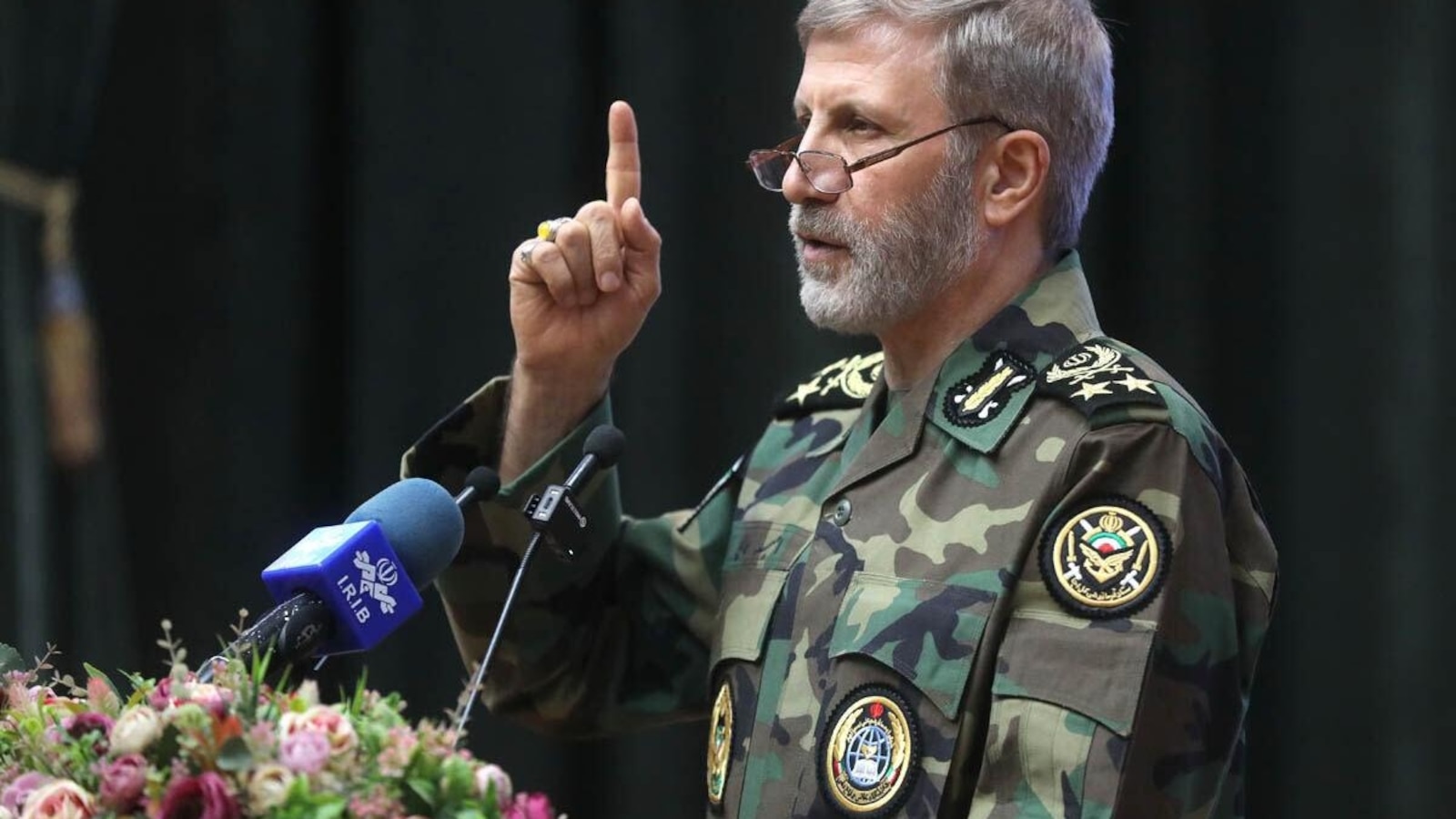
DUBAI, United Arab Emirates — Iran’s army chief threatened preemptive military action Wednesday over the “rhetoric” targeting the Islamic Republic, likely referring to U.S. President Donald Trump’s warning that if Tehran “violently kills…
Washington, D.C., January 7, 2026 – Russian president Vladimir Putin was the first foreign leader to call George W. Bush on his birthday in July 2001 and on the day of the 9/11 attacks, and the two presidents bonded over a shared toughness…
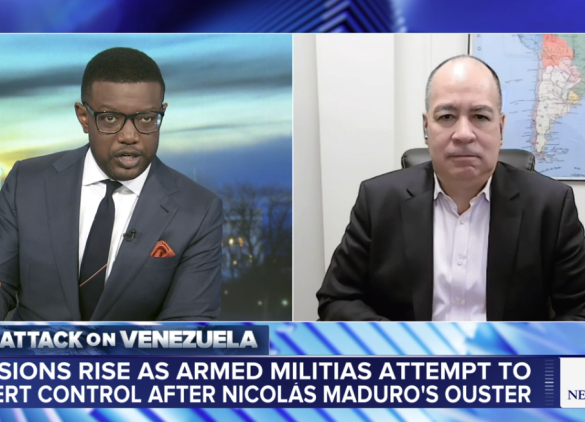
In an ABC News interview, José Enrique Arrioja, managing editor of Americas Quarterly, spoke with anchor Alex Presha about the political landscape in Venezuela following the capture of Nicolás Maduro and the swearing in of Delcy Rodríguez, who…